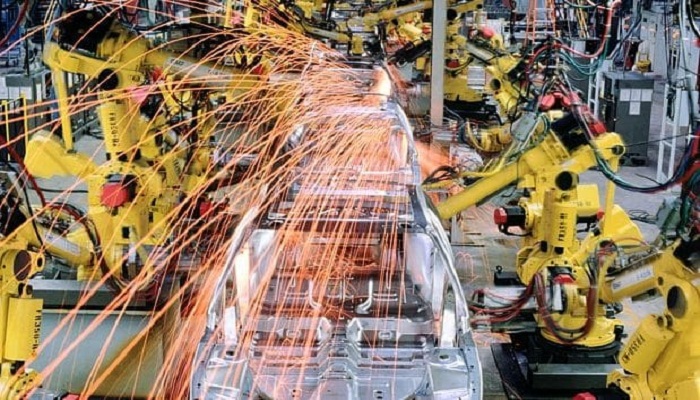Regulation must keep pace with technology, says World Economic Forum
YemenExtra
mong the many reasons for taxi-app Uber’s clash with regulator, Transport for London (TfL), is its use of “Greyball” a form of software devised, the company claims, to deny ride requests from “opponents who collude with officials on secret ‘stings’ meant to entrap drivers.”
Uber is a business that has been regarded by many as attempting to, if not outgrow, at least outsmart much of the existing regulation that cities’ transport networks are built upon. Like water looking for the swiftest route to flow the tech firm has sought find the quickest route to growth, assuming all else will follow: now, with TfL’s removal of its licence the regulator is just another dam to burst.
However you interpret its actions, TfL is facing exactly the problem highlighted by today’s Global Competitiveness Report from the World Economic Forum (WEF): the struggle to ensure regulation keeps pace with technological advancement. And if we think Uber’s technological abilities and use of them are a problem, then just wait until we have to tackle self-driving cars.
“What kind of insurance ought a self-driving car to have? If it goes wrong, who’s liable?” asks Margareta Drzeniek-Hanouz, lead economist behind the WEF report. These are the very issues, she argues, that the world, and UK economy, should be seeking to answer. That is why the report is a call to arms for business and regulation to keep pace with technological advancement in order for the global economy to thrive.
“Job losses are expected as technology transforms manufacturing and services in the coming years, raising questions about how quickly new jobs will be created and about the future of economic development models based on exporting labor-intensive manufacturing products,” warns the report.
The job losses the report points to come with two problems; how to make globalisation inclusive, and how best to embrace the fourth industrial revolution.

